The term "Ph.D. in Mimamsa" indicates a doctoral-level course in Hinduism. The word itself means "reflection and basic examination," and it is often associated with Vedic studies. The three main schools of Vedic thought are Purva-Mimamsa, Karma-Mimamsa, and Upanishad-Mimamsa. These two schools have their own distinctive perspectives on the dharma and hermeneutics of the Vedas.
The Mimamsa school has three sets of fundamental texts and commentary. The first of these is the Purva Mimamsa Sutra, and the first extant text dates to the last centuries BCE. The second of these texts is the Sabara Sutra, or Sabara Rabhasya, written by the great Buddhist philosopher Sabara in the first century CE. The two schools are considered to be in the same philosophical area. The Bhatta Mimamsa school is also a part of the Mimamsa school.
The Purva Mimamsa 6.3.1 speaks about the omnipotence of the main Being. The Mimamsa system is based on the principle that one is a part of the omnipotent main being. The deontic core of the Mimamsa system is the deontic center. The Ph.D. in Mimamsha will formalize the deontic principles of the Mimamsa system.
Ph.D. in Mimamsa Eligibility
Candidates who want to take admission in Ph.D. must have a post-graduate degree in Mimamsa and its relevant discipline with at least 55% marks from a recognized university and must have passed the national level entrance examination or university level entrance examination. National level entrance exams like UGC NET / UGC CSIR NET / GATE / SLET or University entrance exams consist of written tests and personal interviews.
The Benefits of a Ph.D. in Mimamsa
A Ph.D. in Mimamsa can be a rewarding and challenging experience. This ancient Indian philosophy was one of the earliest systems of philosophy. It influenced Vedanta and the formulation of Hindu law. The study of this school focuses on the enlightenment of the self through ritual obligations and prerogatives. Its founder, Kumarila, is one of the most renowned figures in the school.
The aim of Mimamsa is to provide a philosophical justification for the interpretation of the Vedas. This ancient Hindu philosophy focuses on the earlier Vedas and Karmakanda. It combines these two traditions to focus on the nature of dharma and the philosophy of language. Students can expect to receive an in-depth study of ritual actions and social duties in this ancient Indian philosophy.
While the Mimamsa school was originally concerned with the exegesis of the Vedas, it evolved to encompass the entire Veda and other Hindu texts. The Mimamsa school remained closely connected to the Vedanta and other Indian schools, especially the Upanishads. The Purva-Mimamsa and Karma-Mimamsa schools focus on later literature and Vedanta.
A Ph.D. in Mimamsa will be based on the study of the Purva Mimamsa school. The Purva Mimamsa school focuses on the interpretation of the Vedas. It teaches that the practice of dharma must be practical and action-based. The goal of a Ph.D. in this discipline is to advance the field of Hindu erudition.
The Career and Job Opportunities of Ph.D. in Mimamsha
The Ph.D. in Mimamsha is a doctoral degree program that focuses on the study of the Vedas. The program is designed to last three to six years and is offered by universities all over the world. The minimum degree duration is three years, and the maximum degree duration is six years. Extending the Ph.D. program beyond these limits is governed by relevant clauses of the institution's statutes.
The Mimamsa school of Vedanta was one of the primary schools in India. The Vedic texts of the Mimamsa school were considered the earliest works of Vedic philosophy, and have influenced many other Indian schools. While the Vedantin school of thought focused on later Vedic literature, Mimamsa was primarily concerned with the earlier Vedas, including the Purva-Mimamsa and the Karma-Mimamsa. The Vedas are considered the eternal, authorless, and infallible books of Hinduism.
Mimamsa was the primary Vedantic school and was influential in other Vedantic schools. It focused on the earlier Vedas and the Upanisads, which are based on the "later" Vedas. In addition, it explored human activity, including the ethical and spiritual aspects of the practice of dharma. The goal of the school was to create rules that would guide the interpretation of the Vedas.
The Future Scope of a Ph.D. in Mimamsa
There are many benefits to getting a Ph.D. in Mimamsa. First of all, the field of study is very diverse. You can pursue your research in almost any field, whether it is in anthropology, psychology, biology, or chemistry. You can choose to work in academia or in a company specializing in these areas. There are also many career options, and a Ph.D. is an excellent choice for those who want to make a name for themselves in the scientific community.
As a graduate of a Ph.D. program, you will be well-prepared to enter the world of higher education. You will have the opportunity to pursue research at the university level and take on educational leadership positions. This program is very flexible and can take three to seven years to complete. The duration of the degree depends on the institution. You can either choose to work full-time or part-time.
As a Ph.D. student, you'll learn how to interpret the Upanisads and Vedas, and you will also study the relationship between the two. The first chapter of the Mimamsa Sutra is of philosophical value, so you don't need to read any commentary on it. The first commentator was Sabara. His busyness forms the core of all the later works in the field of Mimamsa.
Ph.D. Research Programme duration
The Ph.D. in Mimamsa course is a minimum of 3 years and a maximum of 5 in duration. This depends on the university offering the course.
Fees for research program for Mimamsa
The average fee for Ph.D. in Mimamsa degree is between INR 50000 and INR 500000.
 5 Years
5 Years
 PhD
PhD
 Research
Research








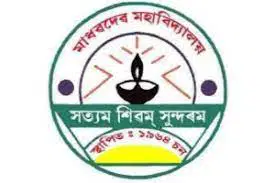
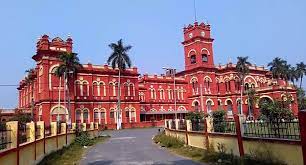
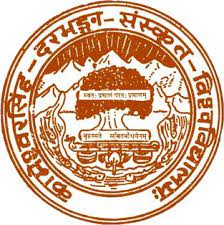

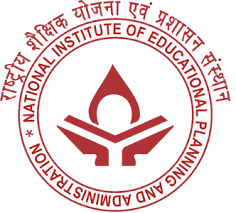
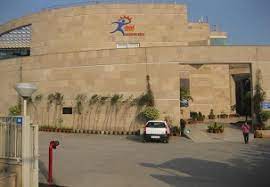
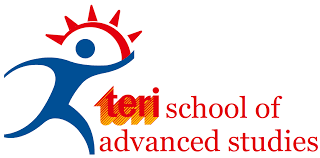
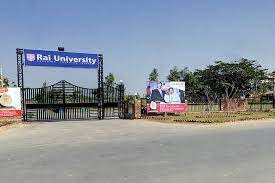
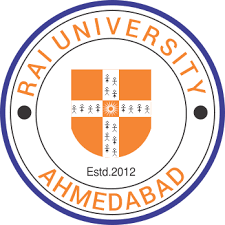
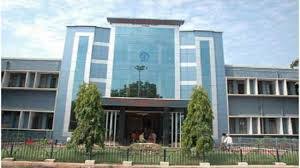

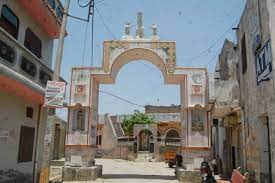
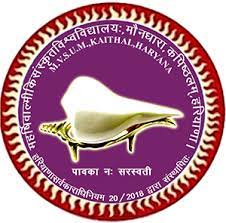

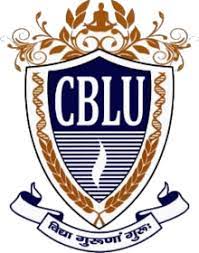
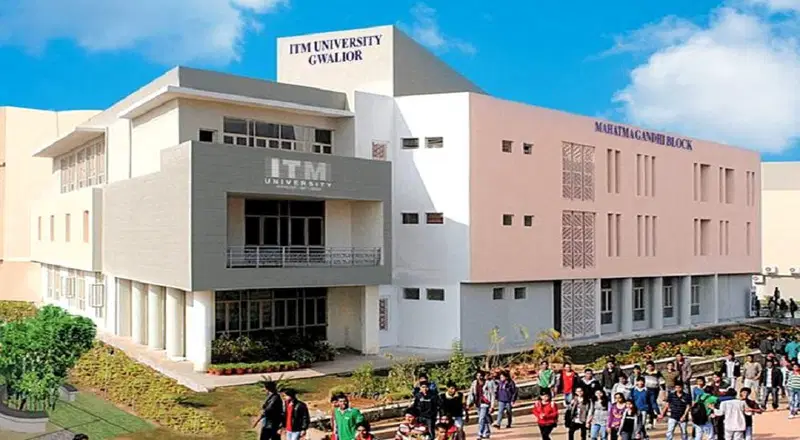


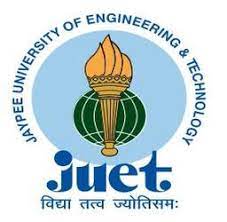
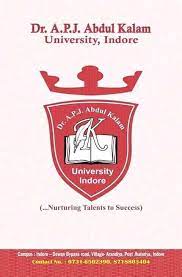

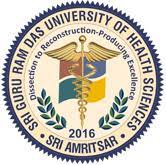
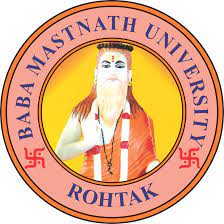


 back
back